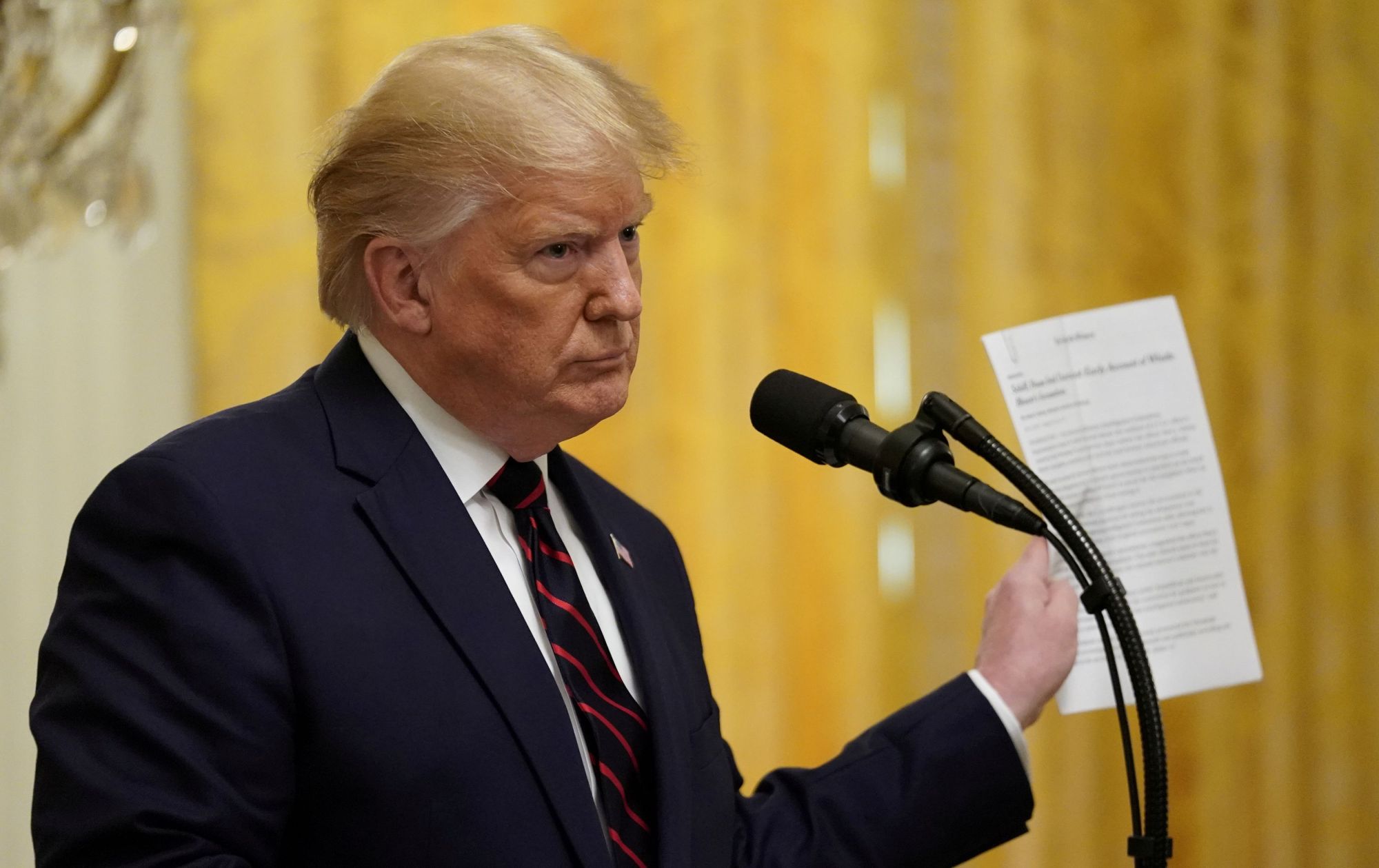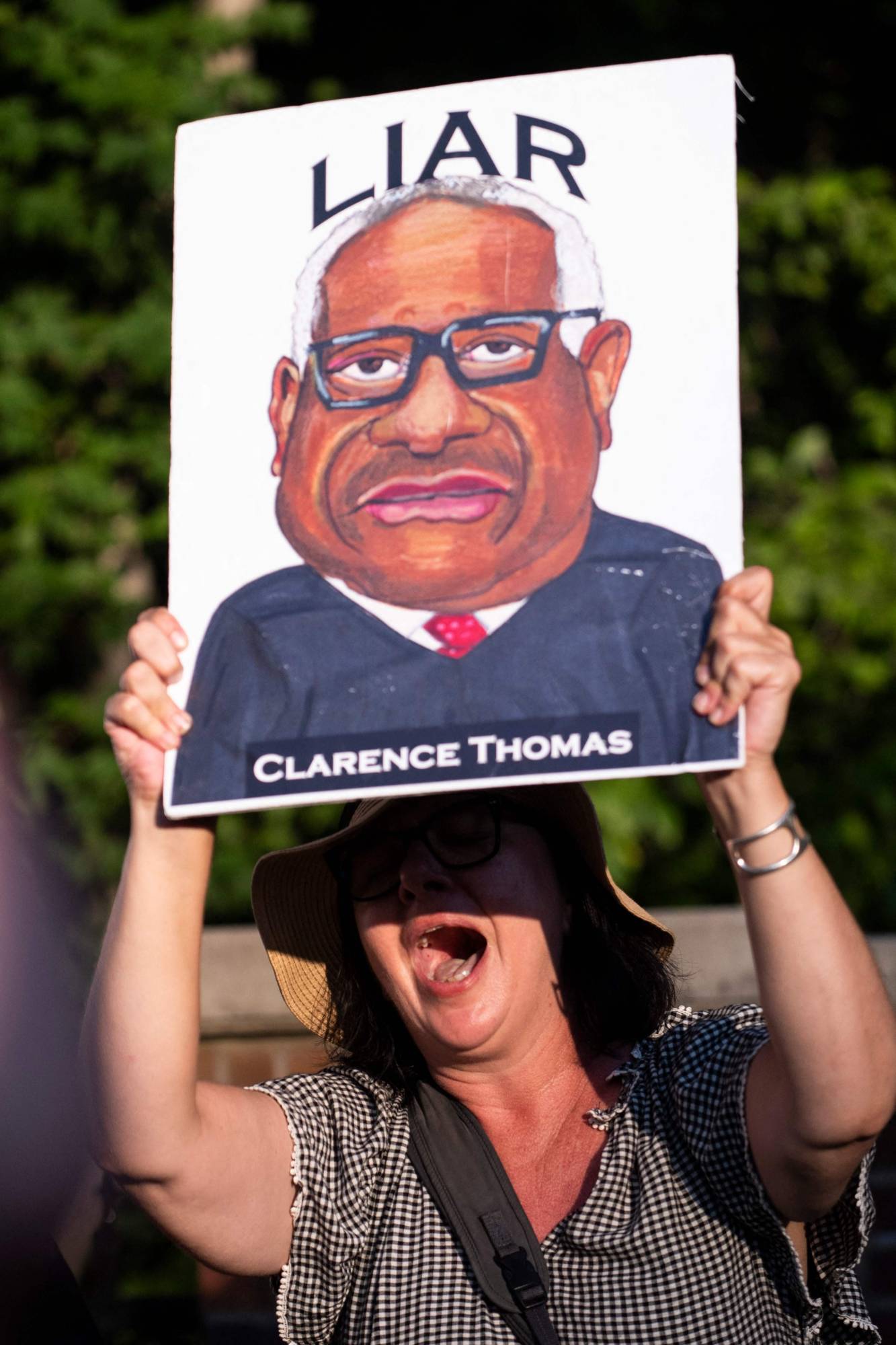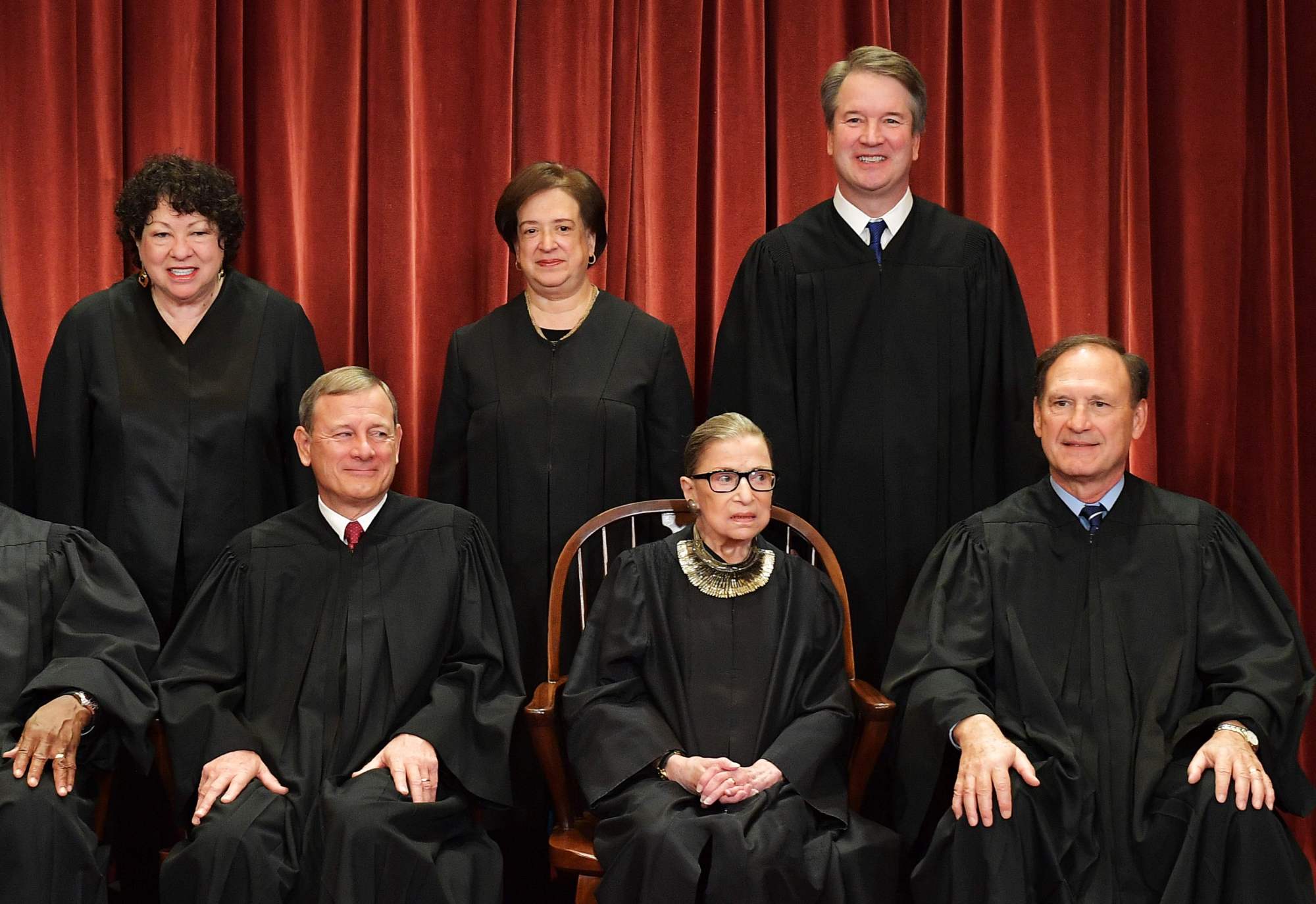After adjusting your search parameters, press Enter on your keyboard or click on the red magnifying glass to run your query again.
Aug 3, 2013
China tunes in to public opinion
Mar 27, 2001
The limits of public opinion
Apr 30, 2010
America's star is rising in world opinion
Aug 7, 2011
Fabricated public opinion is the norm
Jun 25, 2007
Ways to steer public opinion
May 9, 2002
Crafting public opinion to fit fisheries policy
Sep 24, 2006
























